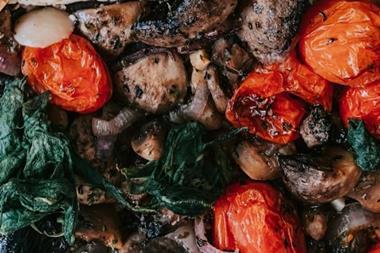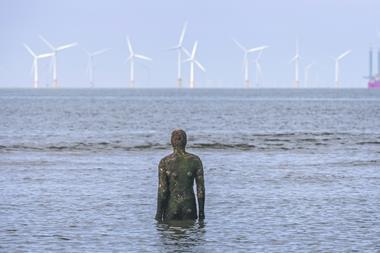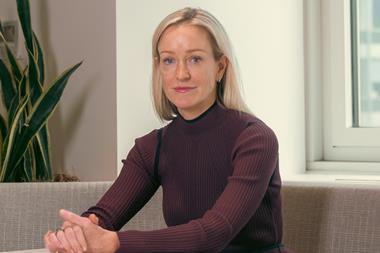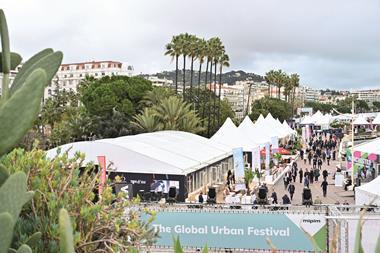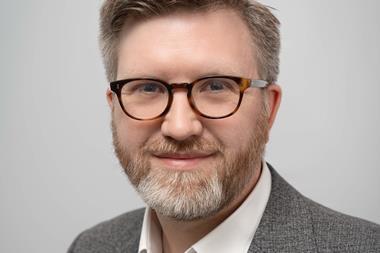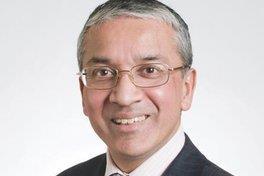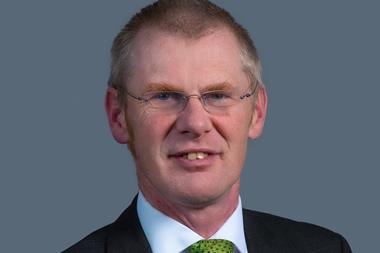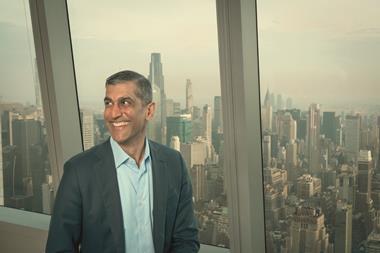
What should take priority: avoiding a climate catastrophe or ensuring food security? It is, of course, vital that in the UK that we can achieve both, simultaneously. But while planting trees and producing food both rely on utilising seemingly large areas of land, let’s be clear: it’s not an either/or choice.
A look at land use numbers is telling. The UK comprises a total area of 24.2m hectares. Of this, 17.6m hectares (72% of the UK’s total land area) is considered to be ‘agricultural’. Surprisingly, only a third of the UK’s agricultural land (equivalent to 4.9m hectares, or 20% of the UK’s total land area) is ‘arable’ and used to grow crops. Another third of the UK’s agricultural land (equivalent to 5.3m hectares, or 22% of the UK’s total land area) is used for grazing sheep and cattle – the kind of land that isn’t fertile enough to be used for crops but can be used for potential afforestation.
Forest canopy cover in the UK, however, is currently only 3.2m hectares or 13% of total land area, one of the lowest levels among European countries (where the average is over 40%). A key element of the UK government’s net-zero plan is to increase this by 4% to 17% by 2050.
Worryingly, the rate of tree planting in the UK is currently way behind target, but even if the government’s 2050 tree-planting targets were to be met, this increase in woodland only equates to less than 20% of the UK’s grazing land (one million hectares) being converted to forestry over the next 28 years. In other words, the many benefits of afforestation will in no way necessitate the end of grazing sheep and cattle across the great majority of the UK, with more than 80% of current grazing land remaining unchanged.
While UK sheep farming and cattle grazing can continue side by side with tree planting (literally in the case of those farmers who are increasing their land profitability by growing trees alongside grazing sheep), from both a food security and land-use perspective, it’s encouraging to see a shift in UK appetites away from animal-based products and towards more plant-based diets. A Sainsbury’s Future of Food Report estimates that by 2025 vegetarians and vegans will make up 25% of the UK’s population and that ‘flexitarians’ (those adopting a non-exclusionary diet with reduced amounts of animal products) will represent nearly 50%.
The production of lamb and beef requires many multiples of the land area used to grow an equivalent number of calories from grains, fruit and vegetables. So even a relatively small shift towards more plant-based diets would free up substantial quantities of the UK’s grazing land, land which can then be used instead to plant more trees.
And more trees really do need to be planted, given the essential role of afforestation and timber security in the twin fights against climate change and biodiversity loss. As they grow, trees directly suck carbon out of the atmosphere, meaning that sustainably managed forests act as a significant carbon sink. Even when they are harvested, carbon remains locked up in timber products for decades and displaces the use of more fossil fuel intensive materials, such as aluminium, steel and cement.
What’s more, planting sustainable forests in the UK reduces deforestation (a substantial contributor to climate change) in other parts of the world. Only around one third of the world’s timber demand is met from commercial forest plantations, which means the balance of global demand is unsustainably met from natural and semi-natural forests. Importantly, if the UK fails to increase its self-sufficiency in timber – and currently around 80% of UK timber is imported – it will put more pressure on non-commercial forests in geographies with less strict regulations.
So in its land-use considerations, the UK should embrace the trend towards more of our calories being sourced from plants, continue to farm sheep and cattle at significant (albeit slightly reduced) levels, and strive much harder to meet tree-planting targets. That way we can have both forests and food, doing the UK’s bit to avoid a climate catastrophe and ensuring our food security.






